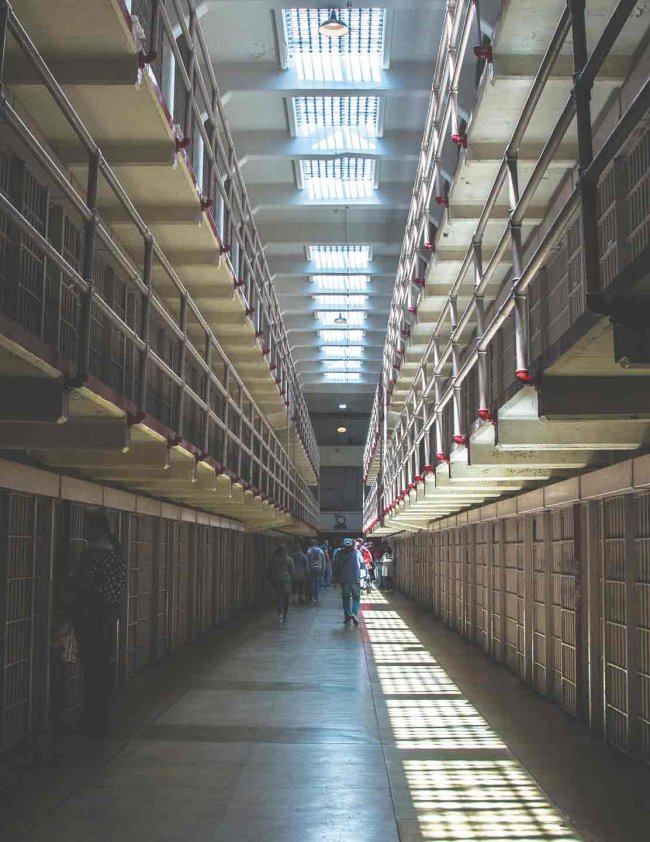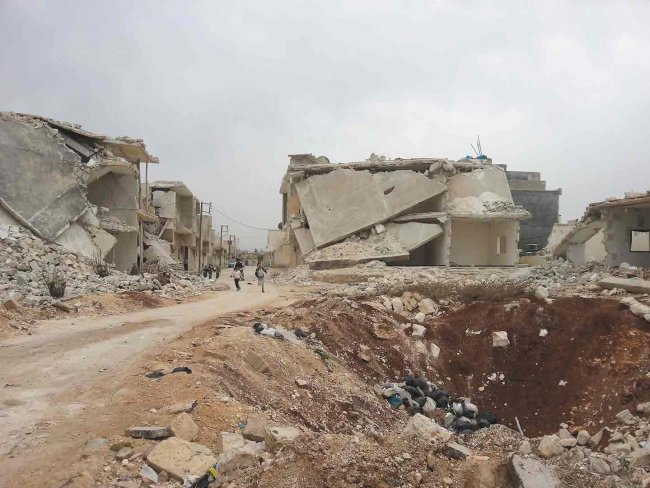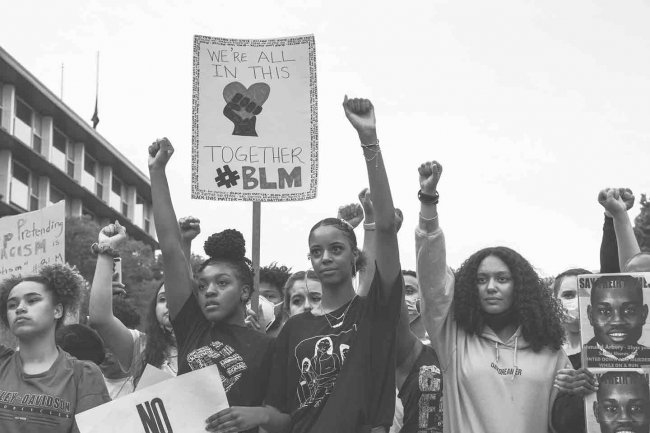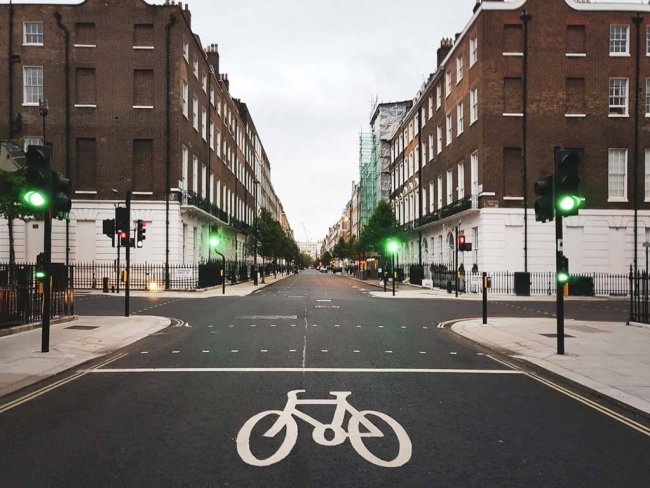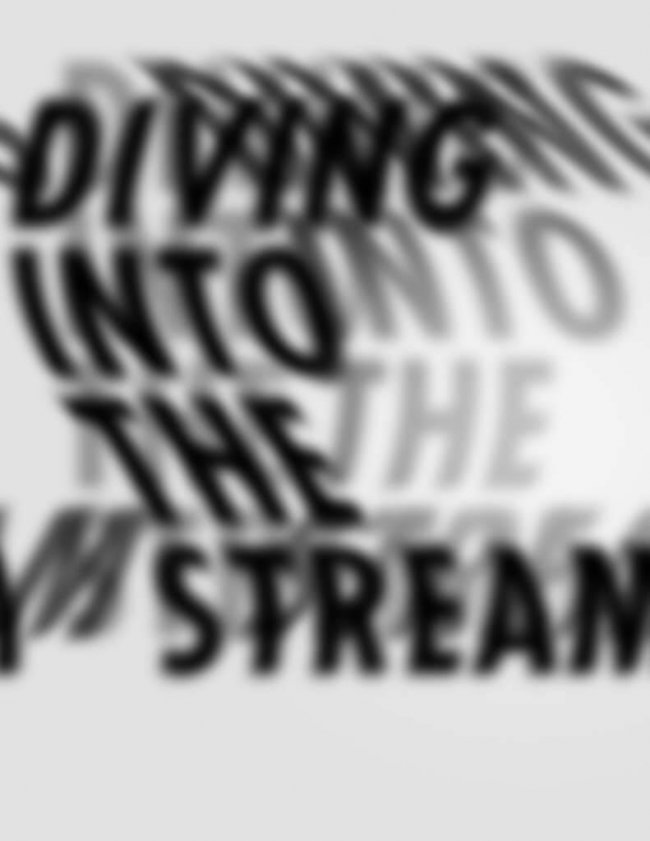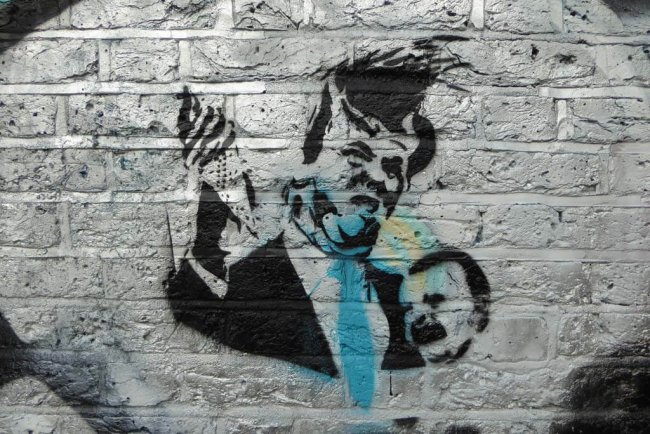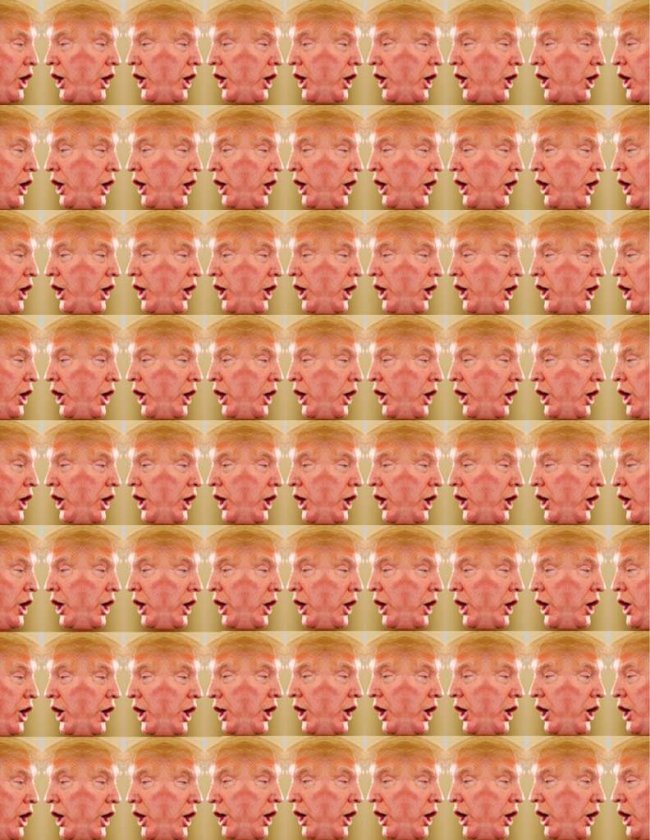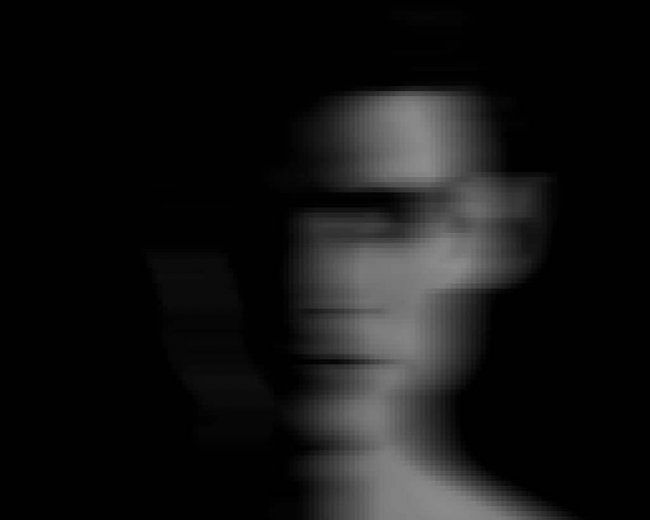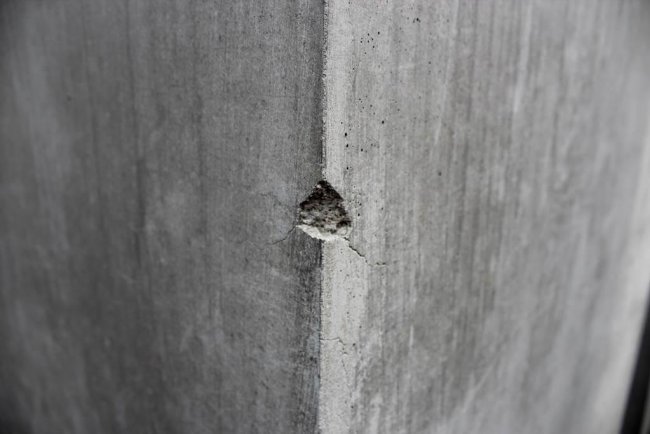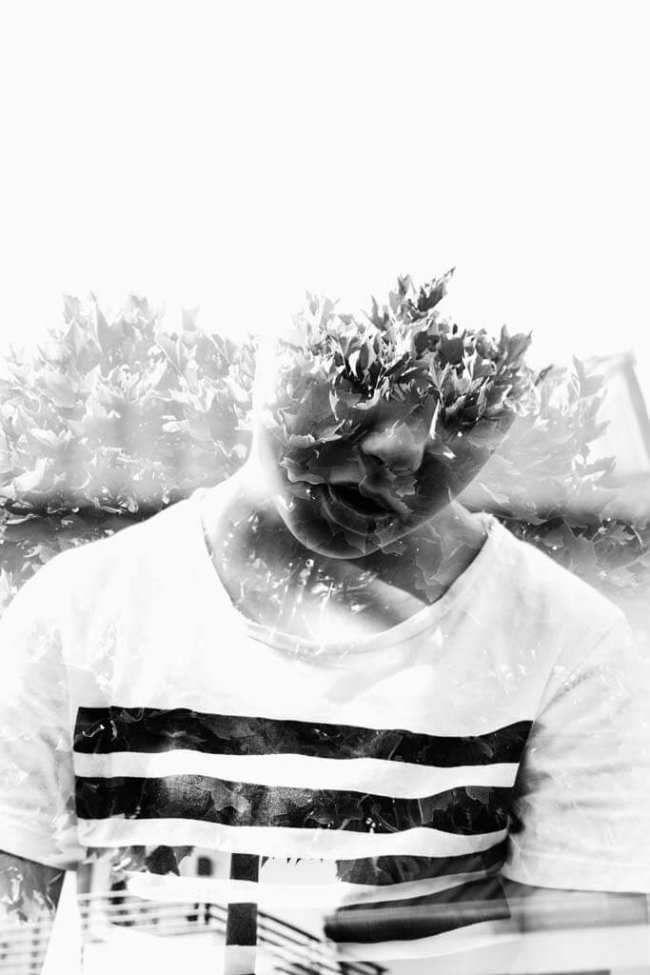There is a psychic fissure in America’s exceedingly fragile democratic body politic. In the face of political tribalism and an awakened and reinvigorated far-right white nationalist movement in America, civil servants (nonelected career public servants) from the Departments of State, Defense, NSC, and elsewhere have come forward to testify truth to congressional power, attesting to the impeachable actions of the Trump administration—actions that depict a criminal and amoral public enterprise. These nonpartisan officials are bearing witness and speaking truth to power, regardless of whether siloed Republican representatives of the House and their counterparts in the Senate are willing to hear the critical testimony of federal bureaucrats.

